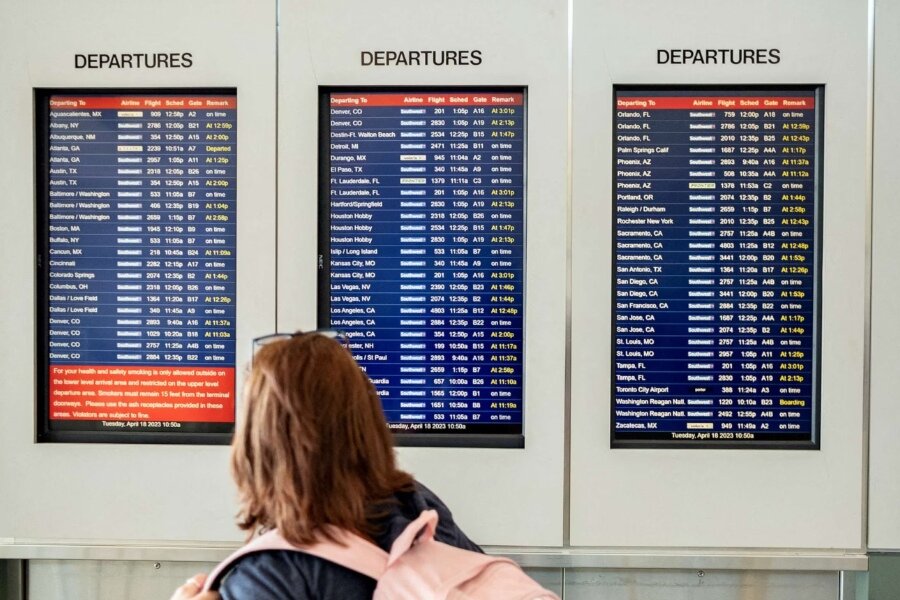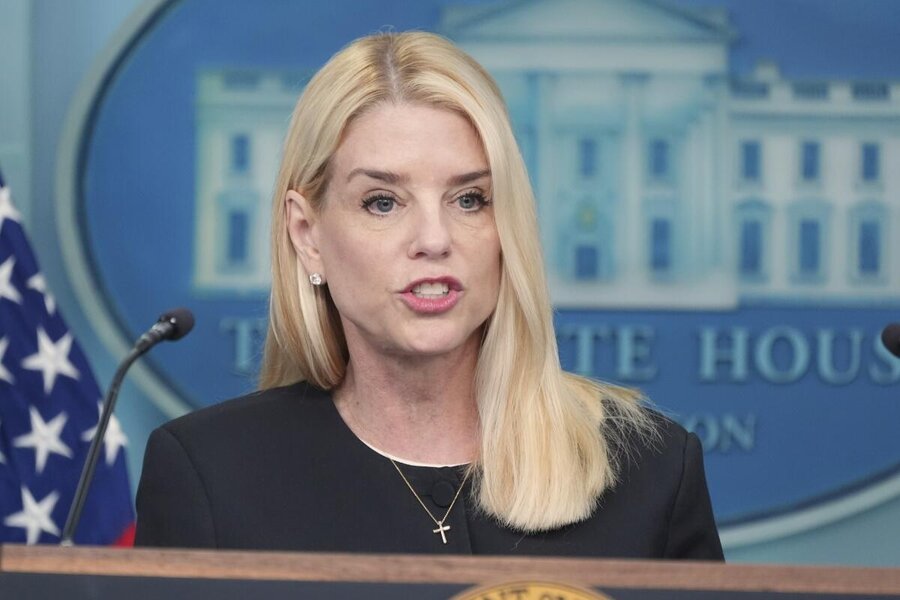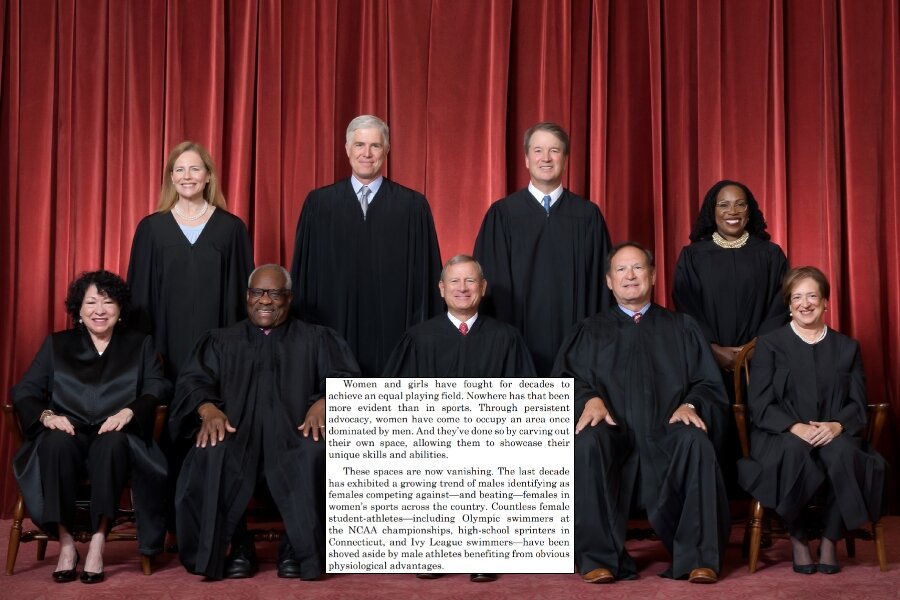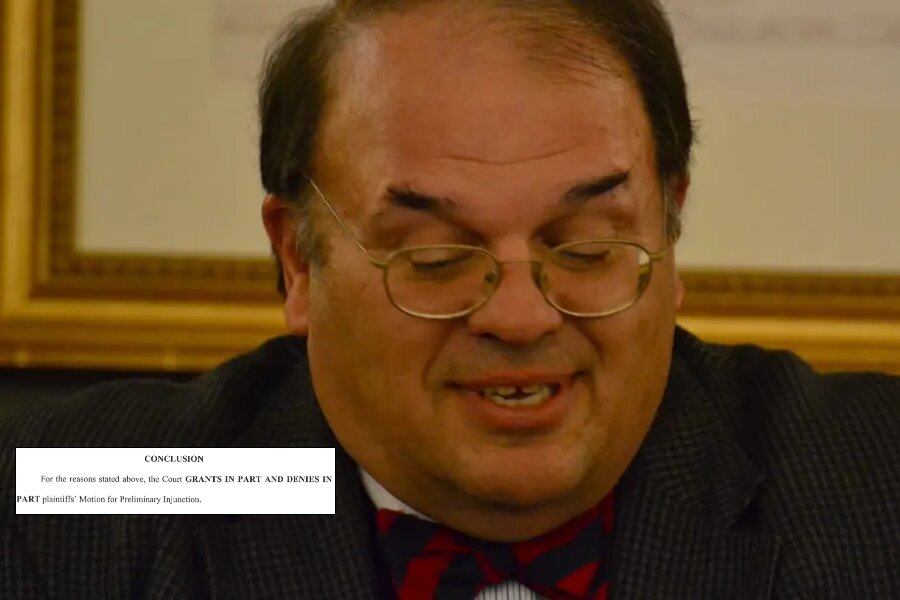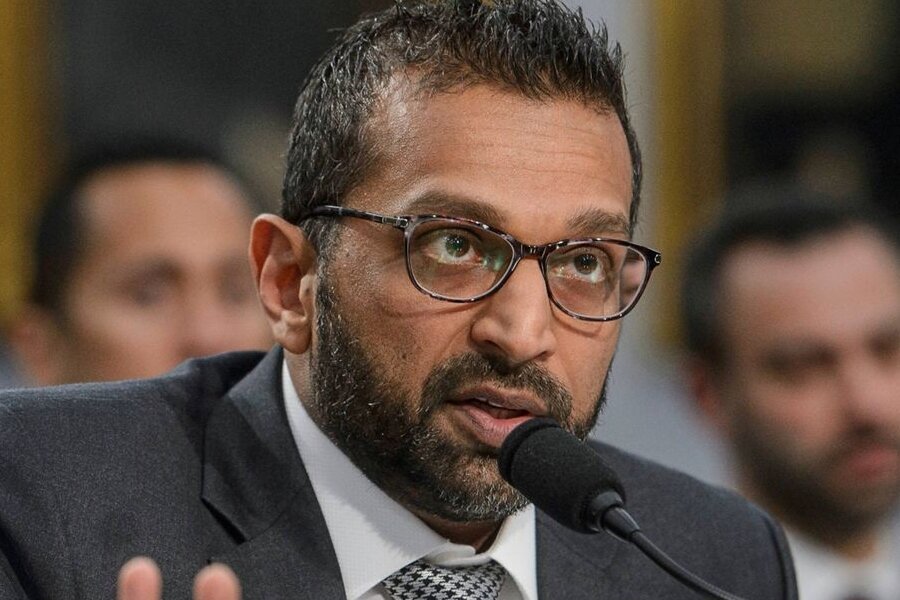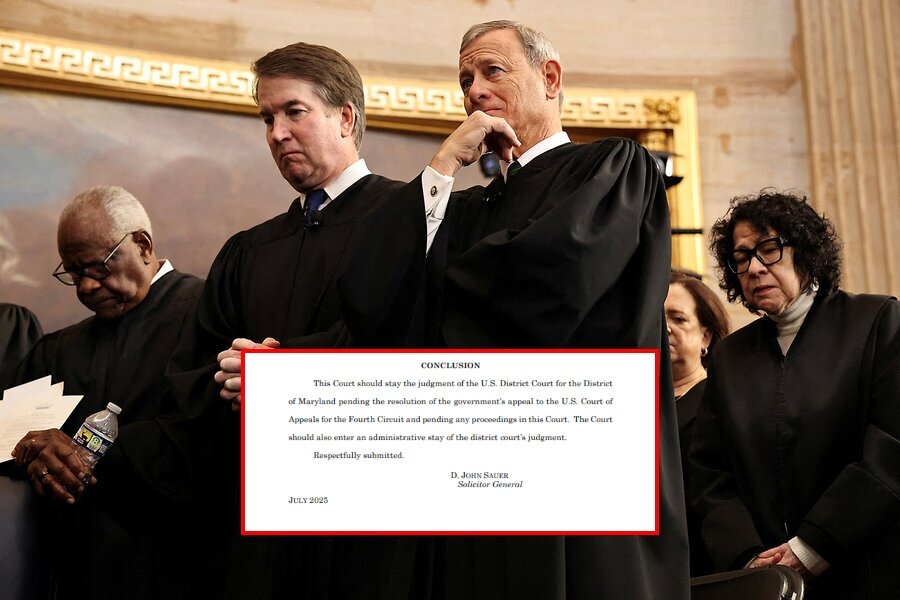Experts suggest a reduction of more than 85% in your standard of living, especially in the US.
A report on the future of travel and tourism, co-authored by the travel agency Intrepid Travel and The Future Labs Institute, suggests a future significantly influenced by climate change and measures to restrict tourist travel in order to address it.
“A Sustainable Future for Travel” warns of ‘travel extinction’ where some areas suffer such radical climate change that all tourism there ceases, and “personal carbon allowances” that will restrict how often one is permitted travel.
From the report:
Carbon Passports
A personal carbon emissions limit will become the new normal as policy and people’s values drive an era of great change.
As demonstrated by a worldwide tourism boom, the frequency at which we can fly is once again seemingly unlimited.
Conscience and budgets permitting, we feel free to hop on planes from one place to the next. But this will change. ‘On our current trajectory, we can expect a pushback against the frequency with which individuals can travel, with carbon passports set to change the tourism landscape,’ says Raymond [Martin Raymond, Future Laboratories co-founder]
Personal carbon allowances could help curb carbon emissions and lower travel’s overall footprint.
These allowances will manifest as passports that force people to ration their carbon in line with the global carbon budget, which is 750 billion tonnes until 2050.
By 2040, we can expect to see limitations imposed on the amount of travel that is permitted each year.
Experts suggest that individuals should currently limit their carbon emissions to 2.3 tonnes each year – the equivalent of taking a round-trip from Rio de Janeiro, Brazil, to Riyadh, Saudi Arabia. However, the average carbon footprint in the US is 16 tonnes per person per year, 15 tonnes in Australia, and 11.7 tonnes in the UK. This is in stark contrast to where we may find ourselves in the future, with 2040’s travelers forced to forgo the horizon-expanding experiences so readily embraced by today’s tourists.
In practical terms, your carbon emissions will closely align with your energy usage, with some variations within a relatively narrow range of efficiencies. This is unless there’s a breakthrough in clean energy, and currently, the only viable option, nuclear, is not classified as clean energy by the climate cult.
Said differently: Your standard of living is your energy usage. Reducing a society’s energy usage is the same as reducing its living standards.
“Experts suggest that individuals should currently limit their carbon emissions to 2.3 tonnes each year.”
So now the real question is, how serious are our leaders and policymakers about reducing the citizenry’s living standards by upwards of 85%?
Share your thoughts by scrolling down to leave a comment.

